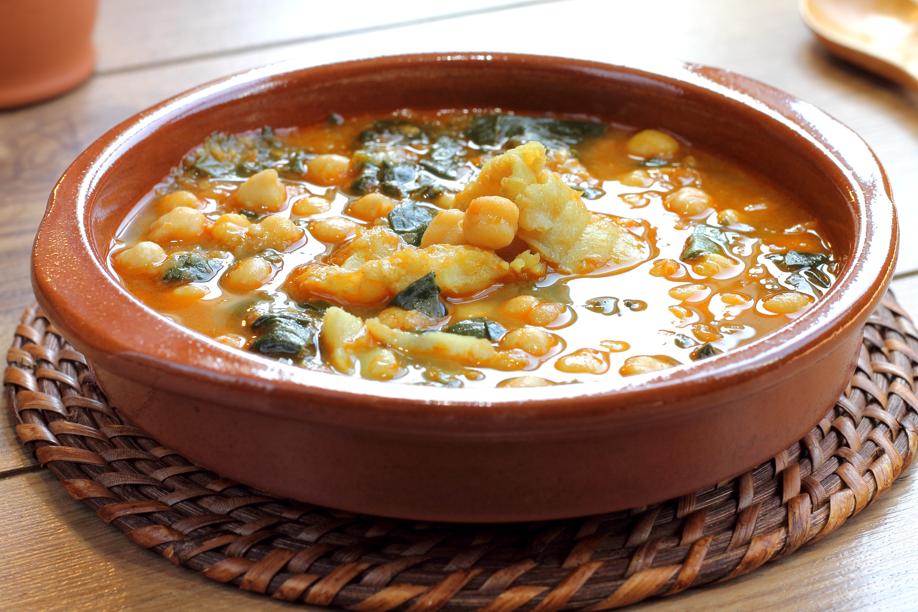The solemn Christian season of Lent began on Ash Wednesday, Feb. 10, and ends Saturday, March 26, the day before Easter Sunday.
For many Christians, including Catholics — who make up almost 45 percent of the population of Massachusetts according to a 2010 study by the Association of Statisticians of American Religious Bodies — the end of Lent also marks the end of something that has both religious and cultural significance: the Lenten meal.
The website of the US Conference of Catholic Bishops says Ash Wednesday and Good Friday are obligatory days of fasting and abstinence for Catholics, while Fridays during Lent are also obligatory days of abstinence. On fasting days, those 18 to 59 may eat one full meal as well as two smaller meals that together are not equal to a full meal; on abstinence days, those 14 and older must abstain from meat. Lenten fasting and abstinence are also part of other Christian faiths.
Growing up in Randolph, my beloved late mother, Rosemary, got creative in keeping our meat-and-potatoes-based Irish-Catholic family fed via hook, crook, or cod.
We’re talking serious Catholic comfort food: macaroni and cheese, fish sticks and fries, fish cakes and beans. Flounder, haddock, cod. Breakfast at night, like French toast. Waffles for sister Rose, scrambled eggs for sister Lisa, and a pound of potato puffs for brother Pete. It was all good.
This was the ’50s and ’60s, before fish became the province of rich folk, served in pricey restaurants, before fishermen were ordered to stop catching fish and we had to start getting our fish fix via a daily vitamin supplement, or from a can of tuna.
My Lenten favorite was a grilled cheese sandwich and tomato soup. I think Campbell’s was charging about 10 cents a can back then, nothing to sneeze at when you’re feeding eight kids.
OK, sister Amy and I passed on the tuna casserole. Nothing against the tuna, but when combined with peas, it was a no-go. If tuna casserole or fish sticks were on the menu, it was difficult to even make the appearance of eating enough to satisfy a hawk-eyed mother.
The general strategy was to funnel the food underneath the table to our dog, Skippy, who staked out a spot before dinner and usually accepted all contributions, but at times was so busy wolfing down other contributors’ hunks of tuna casserole that you were sometimes left holding the bag, so to speak, with the incriminating evidence in your hand.
If the budget allowed, there was the superstar of all Lenten meals, the bar pizza from the one-and-only Lynwood Cafe in south Randolph.
The small neighborhood bar-restaurant founded by the late Frank Kurlitis in 1949 is still around, with its pizza. Stephan Campanella, 43, Kurlitis’s grandson, who runs the restaurant now with his sister Pamela and mother, Elaine, said Friday night is already “pizza night’’ as far as the restaurant is concerned, and additional Lenten business just adds another log on the fire.
Lenten orders are heavy on regular cheese or pepper and onion, and Campanella admits to giving arched eyebrows to those ordering pepperoni.
“I don’t prejudge them,’’ he said. “They usually tell me they’re going to wait and eat it tomorrow.’’
The Lenten season is part of popular culture, but perhaps all the more so in decades past. Years ago, bars and liquor stores in some communities closed for a time on Good Friday. Supermarkets advertised “Lenten meal makers’’ and fish specials, and calendars included a fish symbol on Fridays during Lent. School lunch menus went meatless, or offered at least one meatless alternative. That part still holds, from a cursory glance at about a half-dozen area school districts’ menus.
Many have embraced the big Lenten subplot: What are you going to give up for Lent? There is no actual liturgy that obligates it. The www.catholic.org website says: “Such freely chosen fasting could also consist in giving up something one enjoys — candy, soft drinks, smoking, that cocktail before supper, and so on. This is left to the individual.’’
Unfortunately, mothers saw right through your vow to give up broccoli, spinach, and cauliflower — or, in some cases, tuna casserole — for Lent.
Giving up candy and announcing it publicly was widely considered showboating or hot-dogging. Pity the showboat who cheats and gets caught: I once found such a hot-dogging friend stuffing his mouth with Jujyfruits at a movie theater on the day before Easter. He apparently couldn’t wait just one more day.
For me, if you managed self-sacrifice and strict observance to Lenten rules, it made that Easter basket all the sweeter. I made Easter baskets for my daughters until they went off to college. I think other Easter basket-making parents might agree: Many dentists have bought second homes off their stocks in the companies that make marshmallow chicks, crème eggs, jelly beans, and the fake grass the cat likes to eat.
Rich Fahey can be reached at fahey.rich2@gmail.com.




